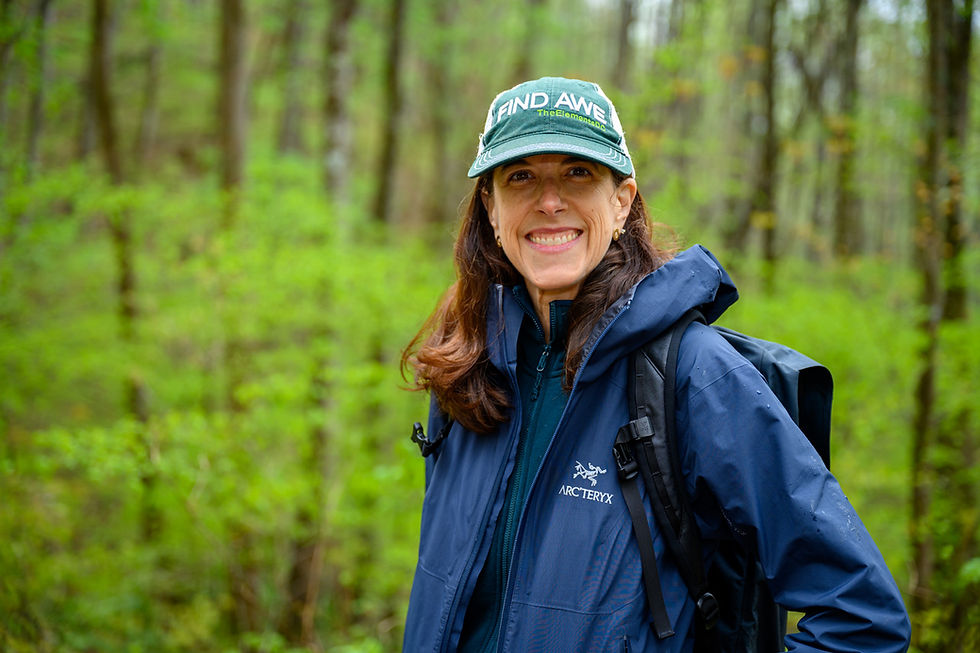Shinrin Yoku
- hikingresearch
- Jan 21, 2012
- 1 min read
Shinrin Yoku is the Japanese practice of “forest bathing”, or hiking in forests, to help get in touch with nature, improve mental and physical health, and lower stress levels. This practice was introduced by the Forest Agency of the Japanese government in 1982, and in 2005 the agency introduced a “Therapeutic Effects of Forests Plan”. Research in Japan on the therapeutic effects of shinrin yoku have found that spending time in forests is an intense form of aromatherapy. One benefit of spending time in a forest is exposure to phytoncides, or substances that are produced by plants. The presence of phytoncides, and

Rocky Mountains National Park, Colorado, (USA) Photo by Mark Ellison
other similar plant produced chemicals, helps to lower stress levels. Subsequently, increased levels of natural killer cells (NK), and NK cells activity were observed. NK cells help the immune system fight off viruses and other pathogens, and kill tumors and other virus infected cells, including cancer.
Research is beginning to reveal the health benefits that nature offers. Additional empirical research on the psychological and physiological benefits of spending time in nature is needed. With this evidence, health care providers can begin to offer “nature prescriptions” for regaining or maintaining health, and organizations can begin to fully embrace the use of nature for improved employee health and enhanced workplace performance.
Li, Q. (2010). Effect of forest bathing trips on human immune system. Environmental Health Preventive Medicine(15), 9-17.








Comments